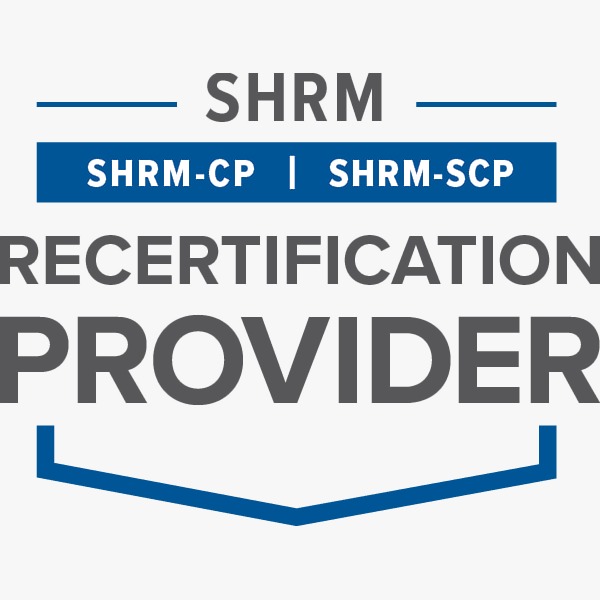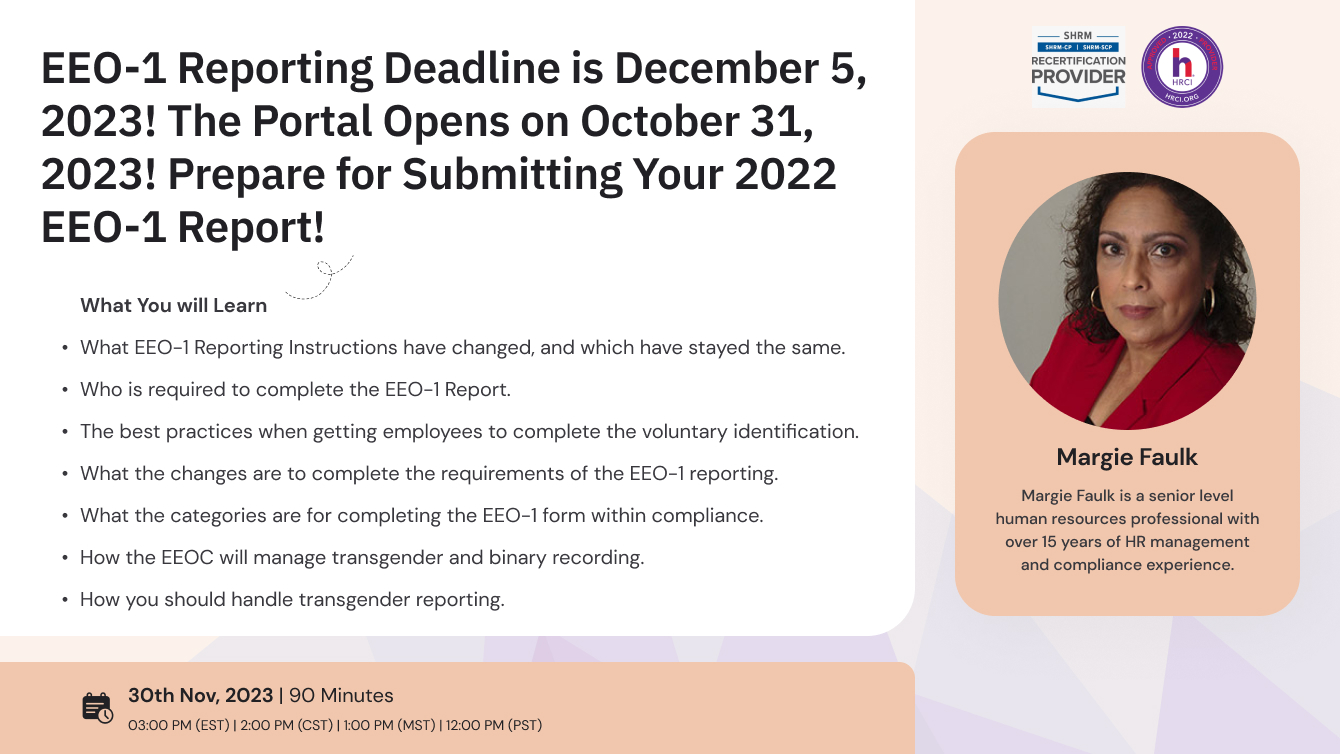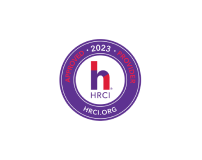EEO-1 Reporting Period Opens
The EEOC has announced that the long-delayed 2022 EEO-1 reporting period finally opened on October 31, 2023. The deadline for filing will be December 5, 2023.
All employers with 100 or more U.S. employees and federal contractors with at least 50 U.S. employees are required to submit an EEO-1 report to the Equal Employment Opportunity Commission (EEOC) each year. The EEO-1 report provides the EEOC with data about the size, location, race or ethnicity, and gender demographics of an employer’s workforce. The 2022 report will have to be based on a workforce payroll snapshot taken between October 1 and December 31, 2022.
The EEOC has stated that all updates about the 2022 EEO-1 data collection, including an updated Instruction Booklet and Data File Upload Specifications, was posted on Wednesday, September 13, 2023.
As companies make all necessary programming changes this year to produce the file in accordance with the new format, they should be mindful that with the renewal of the EEO-1 form being applicable for one year only, there could be additional formatting changes within the next 1-2 years (for example, it is likely that the agency will seek to revisit in some form or fashion its collection of data on employee compensation and hours worked).
The EEO-1 reporting deadline has become a moving target, so covered employers need to sharpen their data collection and be ready to upload.
The EEOC and the U.S. Department of Labor Office of Federal Contract Compliance Programs (OFCCP) regulations require eligible employers to file Standard Form 100 (EEO-1 reports) annually through the EEOC’s dedicated website for EEO-1 Component 1 data collection.
The purpose of collecting the data is to support enforcement actions, facilitate research on employment patterns, and encourage self-assessment by employers, according to the EEOC. Some companies voluntarily go a step further and publicly release their demographic information to support their diversity efforts or improve accountability.
What You will Learn
- What EEO-1 Reporting Instructions have changed, and which have stayed the same.
- Who is required to complete the EEO-1 Report.
- How to use the proper categories to complete requirements.
- The best practices when getting employees to complete the voluntary identification.
- What the changes are to complete the requirements of the EEO-1 reporting.
- What the categories are for completing the EEO-1 form within compliance.
- How the EEOC will manage transgender and binary recording.
- How you should handle transgender reporting.
- How to use the EEOC’s EEO-1 Online Filing System (OFS).
- How Federal Contractors need to complete the requirements of risk penalties.
- How the Office of Contract Compliance Programs has informed participants of the 2019 Pay Data Reporting component 2 results will be reported and why.
- What companies have been selected to have their reports reviewed.
- What those companies can do to avoid having their reports reviewed.
- If the Pay Data reporting component 2 is coming back.
Why You Should Attend
Covered employers need to be ready to file their EEO-1 reports by the deadline of December 5, 2023. If a covered employer fails to timely upload its data, the EEOC has the power to seek a court order to obtain compliance. For federal contractors or subcontractors, penalties for non-compliance could include the termination of their contracts and debarment from future contracts. Making willfully false statements on EEO-1 reports is a violation of federal law which is punishable by a fine or imprisonment under the law.
Who will Benefit
- All Employers required to file EEO-1 reports
- OFCCP federal contractors with 50 or more employees
- Company Leadership
- Compliance professionals
- HR Professionals
- Managers
- Supervisors

Margie Faulk
Margie Faulk is a senior level human resources professional with over 15 years of HR management and compliance experience. A current Compliance Advisor for HR Compliance Solutions, LLC, Margie, has worked as an HR Compliance advisor for major corporations and small businesses in the small, large, private, public, Non-profit sectors and International compliance. Margie has provided small to large businesses with risk management strategies that protect companies and reduces potential workplace fines and penalties from violation of employment regulations. Margie is bilingual (Spanish) fluent and Bi-cultural. Margie’s area of expertise includes Criminal Background Screening Policies and auditing, I-9 document correction and storage compliance, Immigration compliance, employee handbook development, policy development, sexual harassment investigations/certified training, SOX regulations, payroll compliance, compliance consulting, monitoring US-based federal, state and local regulations, employee relations issues, internal investigations, HR management, compliance consulting, internal/external audits, and performance management. Margie’s unique training philosophy includes providing free customized tools for all attendees. These tools are customized and have been proven to be part an effective risk management strategy. Some of the customized tools include the I-9 Self Audit. Correction and Storage program, Ban the Box Decision Matrix Policy that Employers can provide in a dispute for allegations, Family Medical Leave Act (FMLA) Compliance Guide, Drug-Free Workplace Volatile Termination E-Book and other compliance program tools when attendees register and attend Margie’s trainings. Margie holds professional human resources certification (PHR) from the HR Certification Institution (HRCI) and SHRM-CP certification from the Society for Human Resources Management. Margie is a member of the Society of Corporate Compliance & Ethics (SCCE).

SHRM -
StandEagle is recognized by SHRM to offer Professional Development Credits (PDCs) for the SHRM-CPSM or SHRM-SCPSM. This program is valid for 1.5 PDCs for the SHRM-CPSM or SHRM-SCPSM. For more information about certification or recertification, please visit - portal.shrm.org.

HRCI -
This webinar has been approved for 1.5 HR (General) re-certification credit hours toward California, GPHR, HRBP, HRMP, PHR, and SPHR recertification through the HR Certification Institute.
The use of this seal is not an endorsement by the HR Certification Institute of the quality of the activity. It means that this activity has met the HR Certification Institute’s criteria to be pre-approved for re-certification credit.

ACCREDITATIONS


